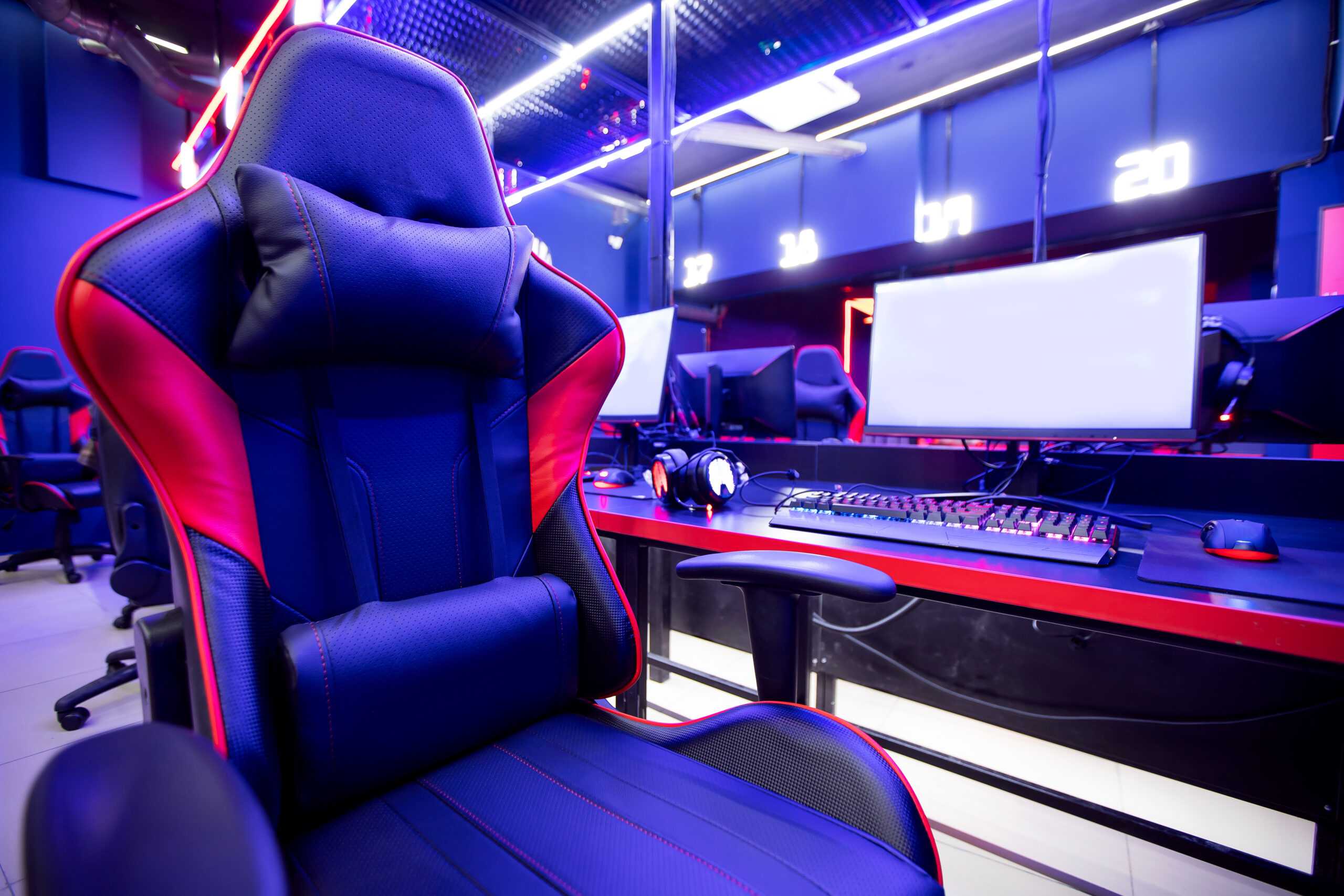2020 was a big year for esports. While the pandemic hindered teams’ revenue generation from in-person competition, online tournaments and other streaming esports content saw huge boosts as numerous traditional sports were sidelined. The momentum carried throughout the year even as some traditional sports returned to broadcast television, as Interpret’s New Media Measure® shows that esports viewership among the general US population rose from 12% at the start of 2020 to 19% at the end.
Notably, women have been on the leading edge of this esports wave. At the start of 2020, women accounted for 23% of esports viewers in the US, but by late 2020, that figure jumped to 36%. Despite ongoing problems with harassment in the games industry at large, the world of esports is recognizing the importance of fostering diversity and inclusion – throughout the professional ecosystem and audience.
Positive changes are being acknowledged by key figures in esports. 20-year vet and Dignitas’ VP of Talent, Heather Garozzo, said that esports “has never been more welcoming, more diverse, and more inclusive.” Similarly, Complexity Gaming CEO Jason Lake stressed that esports should be “gender-neutral” and create “an even playing field for everyone.”
Riot Games’ Valorant has been front-and-center in this D&I movement. At the end of February, Riot launched the VCT Game Changers program to generate new opportunities for women and other marginalized groups in the esports space. In January, Evil Geniuses announced their unique, mixed-gender Valorant squad, led by female team captain Christine Chi, which follows last year’s initiatives from Cloud9, Dignitas, and Gen.G to launch all-women Valorant teams. In mid-March, TSM also announced its all-women Valorant squad to compete in VCT Game Changers.
The momentum behind women in esports is highly encouraging for the industry’s long-term prospects. With content creation playing a critical role in the ability to land lucrative sponsorships, teams are well aware that the business demands equal representation. Big companies increasingly want to align their brands with orgs that foster D&I, while any hint of toxicity is likely to push sponsors away. For esports orgs to survive, they must attract a wider variety of brands, and the only way to achieve that is through broadening the audience. For more esports research, be sure to inquire about our twice-monthly insights report, Esports Replay™.






